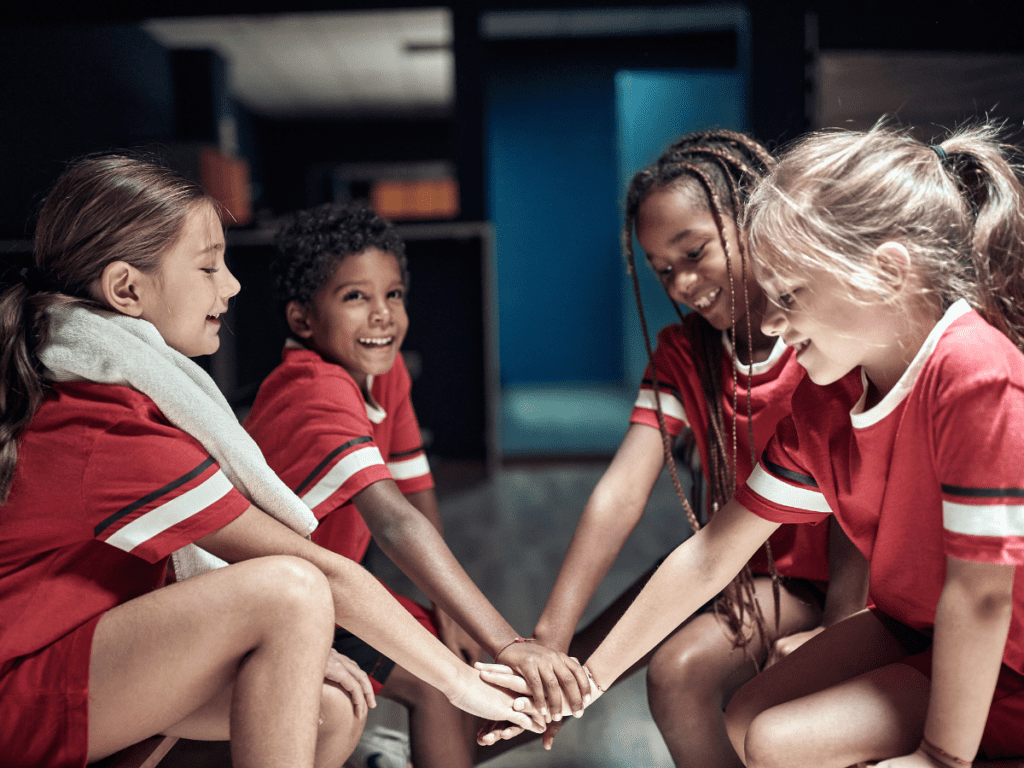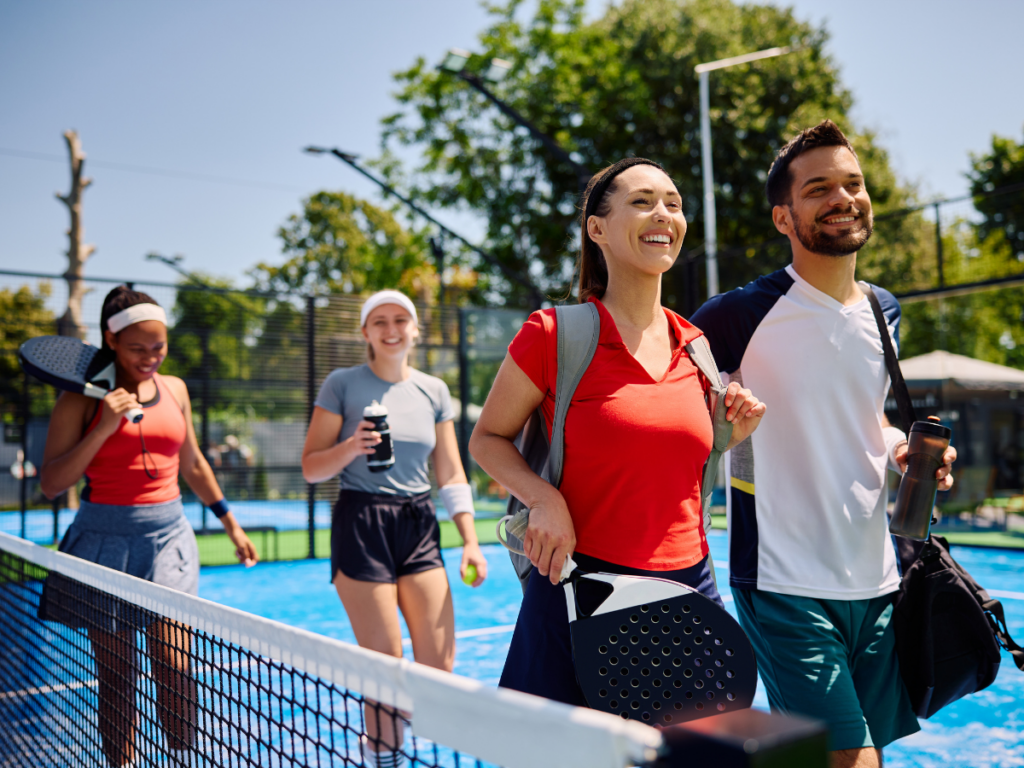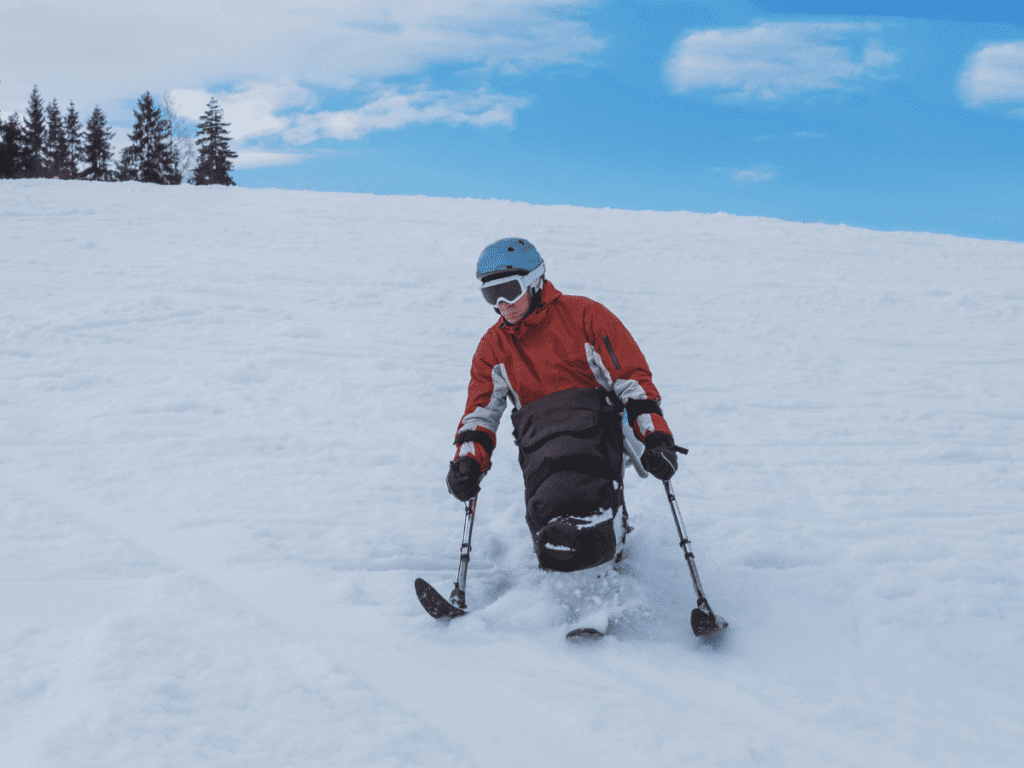Confronting Anti-Black Racism (CABR) Unit
Canadian Race Relations Foundation
Canadian Race Relations Foundation Glossary of terms
Centre for Race and Culture
ReThink Sport: Building an inclusive and equitable future for youth sports in Canada

From coast to coast to coast, what could a reimagined equitable, diverse, and inclusive youth sport system look like, especially for girls? This is the question driving the mission of the ReThink Sport Project. Given what we know; that youth face a myriad of barriers to sport participation including identity factors such as gender, race,…
Let’s talk inclusion: Key considerations for the inclusion of 2SLGBTQI+ athletes

June is Pride Month, a time to celebrate the 2SLGBTQI+ communities as well as reflect on how to enhance and ensure inclusion in sport. This year, SIRC has partnered with Canadian Women & Sport to build a new resource for sport leaders and organizations: Key Considerations to Promote the Inclusion of Women, Girls, and 2SLGBTQI+…
Navigating sponsorship challenges for Paralympic athletes
Did you know that Paralympic athletes’ portrayal as inspirational figures influences their sponsorship opportunities? But not all athletes fit into these narratives, leading to challenges securing sponsorships. The views shaping sponsor perceptions highlight inequalities in sponsor access based on athletes’ perceived inspiration levels, calling for inclusive sponsorship practices and intersectional research for fairer opportunities.
Beyond sports: USask Athletics fostering Indigenous inclusion and empowerment

In 2018, the Saskatoon Residential School Survivor Circle supported the request of the Huskie Cross Country team’s desire to race in orange singlets in honour of Residential School Survivors and the thousands of children who never made it home. This tradition continues today and has evolved to include all visiting athletes choosing to wear orange…
Young people’s reasons for leaving organized sports
A recent study examined the reasons Norwegian youths provided for dropping out of organized sports and how these reasons depend on social backgrounds such as socioeconomic status, gender, and ethnicity. Overall, the most common reasons for dropout were prioritizing schoolwork, lack of skills, and friends quitting.
Participating in leisure-time physical activities (LTPA) contributes to the well-being of people with disabilities

Participating in leisure-time physical activities (LTPA) can boost the well-being of people with disabilities. Unfortunately, they often participate in these activities less than others, especially during winter due to environmental barriers and limited programs. Taking part in adaptive snowsports like skiing or snowboarding can help people with disabilities stay active in the winter. We aimed…